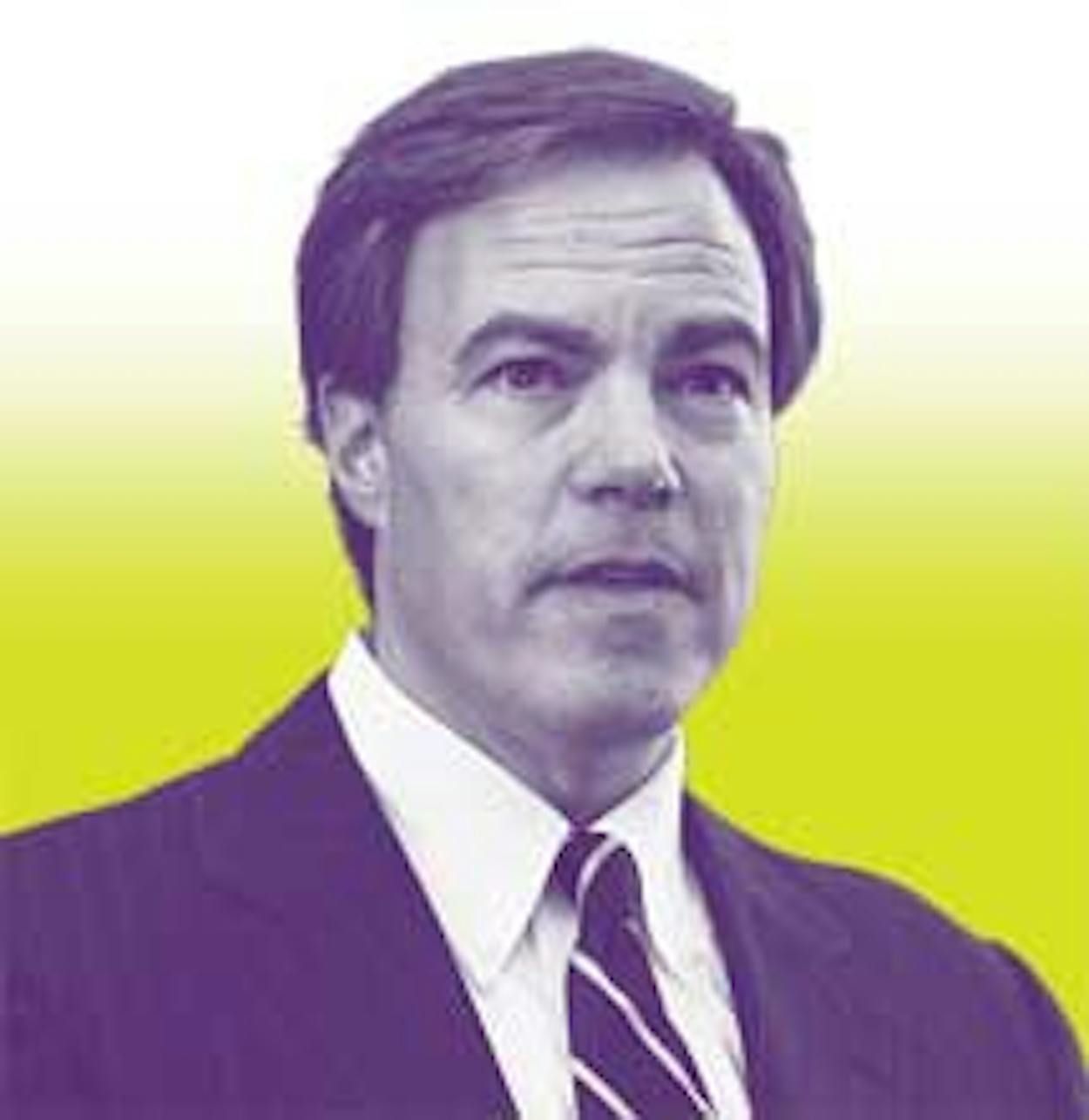The ideological pendulum at the Lege is swinging, finally and inevitably, back toward the center, so moderate Republicans—the golden-cheeked warblers of Texas politics—may soon reemerge as a force to be reckoned with. When that happens, we’re betting on this pedigreed, patrician lawmaker from tony District 121 (Alamo Heights, Olmos Park) to be in the thick of things. The son of San Antonio grandee and GOP stalwart Jocelyn Straus, Joe III studied political science at Vanderbilt University, in Nashville, before taking low-level staff jobs in the Reagan and Bush 41 administrations. A principal in the insurance firm of Watson, Mazur, Bennett, and Straus, he had never run for office before vying for a seat vacated by a Railroad Commission appointee in 2005; he beat three challengers, including a former Texas Supreme Court justice, to win a special election, and was reelected with ease last year. Genial and pragmatic, he’s a proponent of low taxes, economic growth, and other totems of fiscal conservatism, but he’s no friend to hectoring social conservatives—and he’s all for lowering the level of anger at the Capitol. He’s also one of the rare pols who see their time in office as public service. Imagine that. Even better, imagine a world in which everyone saw it that way.
A Web Exclusive Interview
Do you foresee a Democratic rise in Texas in 2008 in conjunction with the projected national trend?
Remembering that this is a presidential election year and our primaries are still about six weeks out, it’s a bit early to predict.
For all of my adult life, Texas voters have supported candidates who reflect the mood of the state at the time. Specific concerns of Texans supersede any national trend. Occasionally we may even set the trend. Texans set a high bar for those who do get elected, and haven’t been bashful in the past about sending officeholders home who haven’t met their expectations. The party that nominates the most capable candidates who demonstrate leadership will find success.
One trend that bears watching is the significantly increased turnout in the early caucus and primary states. I hope this is the beginning of renewed interest and participation in the process.
What do Republicans have to change, if anything, to retain primacy in the state?
Any party that aspires to majority status or wishes to retain its majority needs to find a balance. This is very true for the Republican Party right now. We need to be an inclusive (“big tent”) organization and one that keeps its focus on specific principles in a way that doesn’t drive away centrists. It’s this balancing act that is difficult to pull off that will make or break the future for the party.
At the end of the day, we have the responsibility to govern. And governing requires compromise, which too often in our political dialogue is disregarded.
You chair the Subcommittee on Energy Conservation and Efficiency. Do you believe Texas has the potential to be a leader in the production of alternative energies?
In many respects, Texas already is a leader in the production of renewable energy. We are the national leader in wind energy, and we’re making strides in solar power and biomass. I authored and passed a bill that enhances the state’s existing energy efficiency programs. It requires all electric providers to participate in efficiency programs, adds new incentives for the sale of energy efficient products, enables customers to better manage their own electric consumption, and updates public building energy codes in order to increase conservation.
I think we are getting to the point where renewable energy represents such a promising market that the large energy companies no longer view it as a small research investment, but a serious source of energy that will help power the energy economy. I see the day fast arriving when alternative energy is a mainstream source to power Texans’ lives.
- More About:
- Politics & Policy
- Texas Legislature







